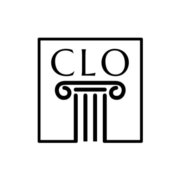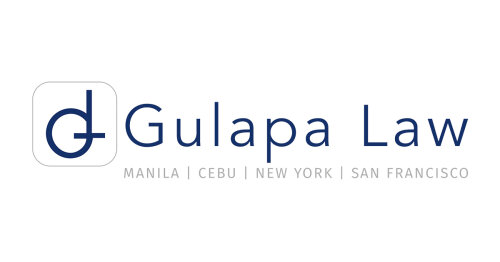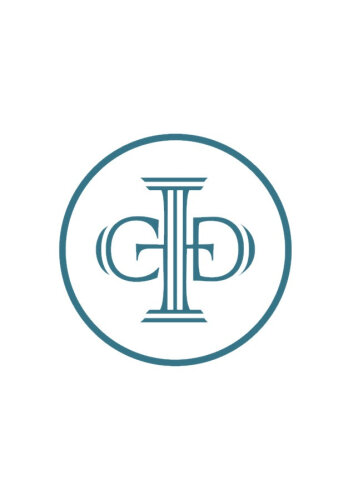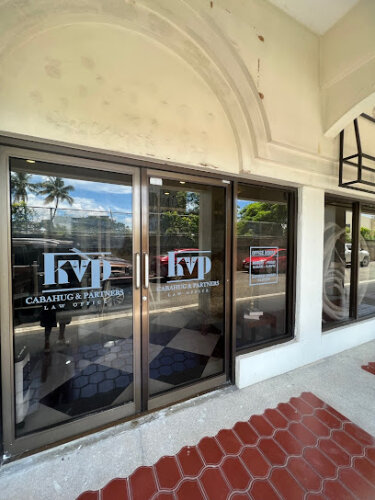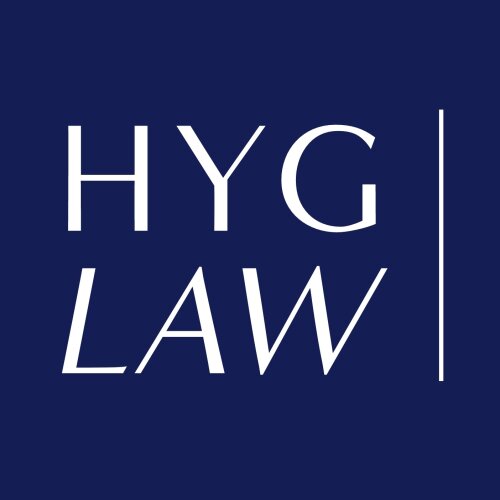Best Communications & Media Law Lawyers in Cebu City
Share your needs with us, get contacted by law firms.
Free. Takes 2 min.
List of the best lawyers in Cebu City, Philippines
About Communications & Media Law in Cebu City, Philippines
Communications & Media Law in Cebu City, Philippines refers to the legal framework that governs various aspects of communication and media activities in the city. It encompasses regulations and laws related to journalism, broadcasting, advertising, social media, intellectual property, and data privacy. These laws aim to ensure freedom of speech and protect the rights and interests of individuals and organizations involved in the media and communications industry.
Why You May Need a Lawyer
There are several situations where you may require the assistance of a lawyer specializing in Communications & Media Law:
- If you are a journalist or a media organization facing legal actions related to defamation, libel, or slander
- If you are starting a media-related business and need guidance on licensing, permits, contracts, or intellectual property rights
- If your privacy has been violated online, such as through social media platforms or internet defamation
- If you are involved in a legal dispute regarding advertising, marketing, or media content regulations
- If you need legal advice on data privacy and protection laws affecting the media and communications industry
Local Laws Overview
Here are some key aspects of local laws that are particularly relevant to Communications & Media Law in Cebu City, Philippines:
- The Philippine Constitution guarantees freedom of speech, expression, and of the press, but certain limitations exist to protect public interest and national security.
- The Cybercrime Prevention Act of 2012 protects individuals from online crimes, including hacking, identity theft, and illegal online activities.
- The Intellectual Property Code of the Philippines safeguards intellectual property rights, including copyright, trademarks, and patents.
- The Data Privacy Act of 2012 regulates the collection, storage, and processing of personal information by entities operating in the Philippines.
- The Advertising Board of the Philippines (AdBoard) sets guidelines and regulations for advertising content, ensuring it is not misleading, deceptive, or unfair to consumers.
Frequently Asked Questions
Q: Can I be sued for defamation as a blogger or social media user in Cebu City?
A: Yes, defamation laws apply to bloggers and social media users in Cebu City. If you make defamatory statements that harm someone's reputation, you may face legal consequences.
Q: What can I do if my intellectual property rights are infringed upon by someone in Cebu City?
A: If your intellectual property rights are infringed upon, you can take legal action to enforce your rights. Consult with a lawyer specializing in intellectual property law to understand your options.
Q: What are the penalties for violating data privacy laws in Cebu City?
A: The Data Privacy Act of 2012 imposes penalties, including fines and imprisonment, for unauthorized disclosure, access, or use of personal information. The penalties vary depending on the nature and severity of the offense.
Q: Are there any restrictions on advertising content in Cebu City?
A: Yes, the Advertising Board of the Philippines has guidelines and regulations on advertising content to ensure it is truthful, fair, and not misleading. Violations of these regulations may result in penalties or sanctions.
Q: How can I report a violation of media ethics in Cebu City?
A: You can report violations of media ethics to the Philippine Press Council (PPC) or the National Press Club (NPC) based in Cebu City. They can guide you on the appropriate procedures and actions to take.
Additional Resources
For further assistance and information on Communications & Media Law in Cebu City, Philippines, you can refer to the following resources:
- Philippine Press Council (PPC) - https://www.philpresscouncil.org.ph/
- National Press Club (NPC) - http://npcphilippines.org/
- Department of Justice (DOJ) - http://www.doj.gov.ph/
- National Telecommunications Commission (NTC) - https://ntc.gov.ph/
- Philippine Intellectual Property Office (IPOPHL) - https://www.ipophil.gov.ph/
Next Steps
If you need legal assistance in Communications & Media Law in Cebu City, Philippines, consider taking the following steps:
- Gather all relevant documents and information related to your case or query.
- Research and shortlist reputable lawyers specializing in Communications & Media Law in Cebu City.
- Arrange a consultation meeting with the selected lawyer to discuss your situation and seek advice.
- During the consultation, provide the lawyer with all necessary details and ask any questions you may have to clarify your concerns.
- Based on the consultation, evaluate and decide whether to proceed with legal representation or further action.
- If you choose to proceed, follow the guidance provided by your lawyer and work closely with them to resolve your legal matter.
Lawzana helps you find the best lawyers and law firms in Cebu City through a curated and pre-screened list of qualified legal professionals. Our platform offers rankings and detailed profiles of attorneys and law firms, allowing you to compare based on practice areas, including Communications & Media Law, experience, and client feedback.
Each profile includes a description of the firm's areas of practice, client reviews, team members and partners, year of establishment, spoken languages, office locations, contact information, social media presence, and any published articles or resources. Most firms on our platform speak English and are experienced in both local and international legal matters.
Get a quote from top-rated law firms in Cebu City, Philippines — quickly, securely, and without unnecessary hassle.
Disclaimer:
The information provided on this page is for general informational purposes only and does not constitute legal advice. While we strive to ensure the accuracy and relevance of the content, legal information may change over time, and interpretations of the law can vary. You should always consult with a qualified legal professional for advice specific to your situation.
We disclaim all liability for actions taken or not taken based on the content of this page. If you believe any information is incorrect or outdated, please contact us, and we will review and update it where appropriate.





